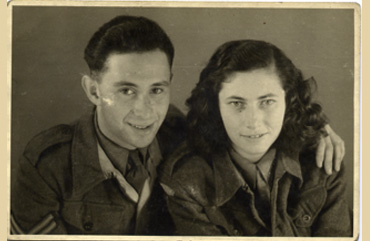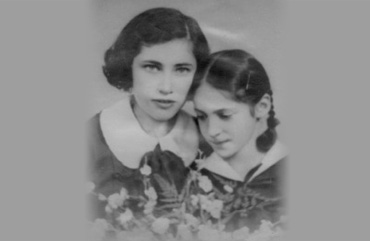Susan Singerman – National Life Stories
Susan Singerman was interviewed by Gillian Livingstone in 1988 for the National Life Stories project Living Memory of the Jewish Community. The interview is archived at the British Library (collection reference C410/043) and the recording was previously accessible online via the British Library Sounds website. Many British Library services, including the Sound and Moving Image … Read more


